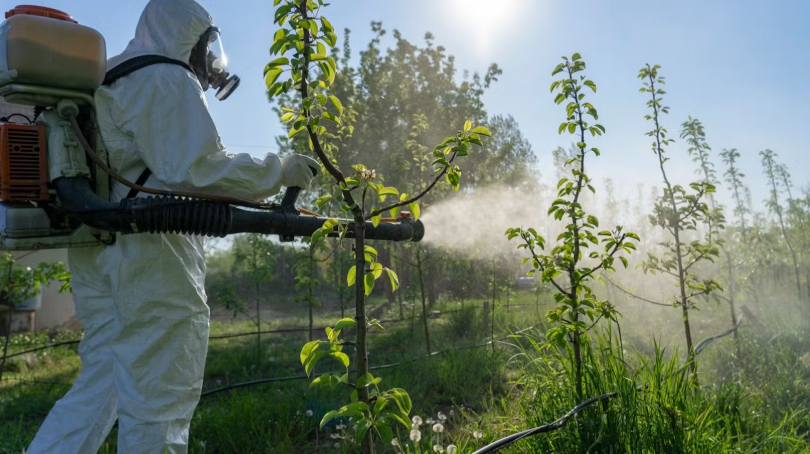Brussels, June 2025 — Slow Food, a global grassroots organization advocating for sustainable agriculture and food justice, has launched a campaign calling on the European Union to end the export of toxic pesticides that are banned for use within the EU but continue to be manufactured and sold to countries including Kenya, India, and Brazil.
The campaign targets what activists describe as a “double standard” in EU regulatory policy—where chemicals deemed unsafe for European environments and consumers are still legally exported for use elsewhere.
Focus on Kenya: Health and Environmental Risks
The movement highlights the widespread use of these banned pesticides in Kenya, particularly in the cultivation of vegetables that are often exported to European markets. According to local health and environmental advocates, exposure to these chemicals has been linked to chemical burns, respiratory illnesses, and long-term groundwater contamination.
“Farmers and agricultural workers are exposed daily to substances that European regulators have classified as too dangerous for use in their own countries,” said a spokesperson for Slow Food. “This not only endangers health and local ecosystems, but also creates systemic inequalities in global agricultural trade.”
Several of the pesticides in question contain active substances identified by EU authorities as carcinogenic, endocrine-disrupting, or harmful to biodiversity. These substances have been withdrawn from the EU market under Regulation (EC) No 1107/2009, which governs the approval of plant protection products.
Legal Loopholes and International Impact
Despite the bans on use within EU borders, current EU law permits the production and export of such pesticides to non-EU countries, where regulations may be less stringent or enforcement more difficult. This practice has been criticized by human rights groups and environmental organizations as unethical and harmful to communities in the Global South.
A 2020 report by Public Eye and Unearthed (Greenpeace UK’s investigative arm) revealed that EU countries approved the export of over 81,000 tonnes of pesticides containing banned substances in a single year. Many of these exports were destined for low- and middle-income countries.
Growing Momentum for Reform
Calls for reform have gained momentum in recent years. In 2020, France became the first EU member state to introduce legislation banning the export of pesticides that are not approved for domestic use, with the ban taking effect in 2022. Environmental advocates have urged the European Commission to adopt similar restrictions at the EU level, ensuring a consistent and ethical approach across all member states.
The Slow Food campaign aligns with broader European efforts to advance the EU Green Deal and the Farm to Fork Strategy, both of which aim to promote sustainable food systems and reduce harmful chemical use in agriculture.
Policy Proposals and Next Steps
The campaign urges the European Commission to:
- Amend EU pesticide regulations to prohibit the export of active substances that are not approved for use within the Union.
- Strengthen monitoring and accountability mechanisms for companies involved in pesticide manufacturing and export.
- Support farmers in affected countries through agroecological training and access to safer alternatives.
In a statement, Slow Food emphasized the importance of a unified EU policy that protects human health, biodiversity, and the rights of farming communities—regardless of national borders.
“Environmental justice must not stop at the EU’s borders,” the organization said. “The same standards that protect European citizens should also protect people and ecosystems in the countries we trade with.”
